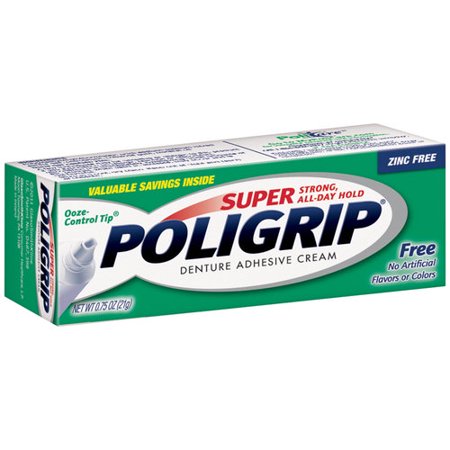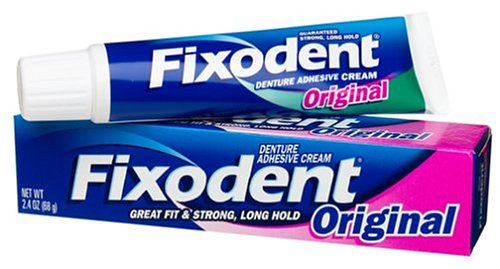Zinc Poisoning -
Causes and Symptoms
Zinc poisoning is quite rare.
Getting way too much Zinc has 2 main effects: in high doses, the Zinc itself can be toxic, AND having high levels of Zinc in your system can lead to dangerously low levels of Copper, because high levels of Zinc will inhibit your absorption of Copper.
So now you have 2 problems - too much Zinc and not enough Copper!
Zinc and Copper are both called essential trace elements. We all need some Zinc and some Copper in our diets to stay healthy. But the amounts needed are tiny - that's why they are called trace elements. The problems only arise from getting massively too much Zinc.
Some years ago, there were occasional mysterious cases of people developing difficulty walking, and weakness in the limbs. Around the year 2000 doctors realized that these baffling cases all had very low levels of Copper in their systems.
Low levels of Copper in your system can cause problems with your bone marrow, and then lead to a gradual degradation of the spinal cord. This can then result in nerve damage that may be crippling.
Low Copper levels can be caused by Zinc poisoning, but none of the patients involved had any obvious exposure to Zinc! It was very puzzling for the doctors.
It was onlyin 2007 that an Italian doctor made the possible link to Zinc contained in some denture adhesives. Since then, American researchers at the University of Texas in Dallas have confirmed his suspicions.
The main source of Zinc was from dentures adhesive creams such as Fixodent or Poligrip.
 Super Poligrip - now zinc-free!
Super Poligrip - now zinc-free!Poligrip has now been zinc-free since May 2010.
 Fixodent - extremely LOW in zinc
Fixodent - extremely LOW in zincZinc Poisoning
BUT the problem wasn't so much the Zinc in the denture adhesive;
It was the patients with old, poorly fitting dentures using wildly excessive amounts of the adhesive in an attempt to get their bad dentures to stay in place. Some of them were using 2 or 3 tubes each week! Normally ONE tube should last 6 - 8 weeks.
The irony is that the cost of using dental adhesives in this way quickly exceeds the cost of new, better-fitting dentures. These folk would have been much better off getting new better-fitting dentures.
For information about denture adhesives, have a look at BEST DENTURE GLUE.
What now? Are denture adhesives safe?
BEFORE May 2010, there was a very small amount of Zinc in Poligrip, approximately 34 milligrams of zinc in each gram of the original formula. However AFTER May 2010, all Zinc has been removed from Poligrip. It is Zinc-free.
The situation is different over at Fixodent, which has a very low
level of Zinc, around 17 milligrams in each gram of paste.
According to manufacturers Proctor & Gamble, the amount of Zinc that an average denture wearer would swallow from normal use of Fixodent would be less than the zinc in almost all daily vitamin supplements, and about the same as the amount of Zinc you would get from eating six oz. of beef.
A normal tube of Fixodent denture adhesive should be enough for 6 to 8 weeks. It has been proven that people getting Zinc-related problems were using amounts of adhesive far in excess of this. They were using 2 or 3 three tubes each week! That's how they got too much Zinc.
What are the symptoms of Zinc poisoning?
Symptoms of Zinc poisoning can begin with a numb sensation in the feet, gradually moving up to the legs. Sometimes there can be problems with coordination and walking. The numb sensation can then start to appear in a person's arms. Their sense of balance may also gradually suffer.
There may also be pain and tingling in the hands and feet. This can sometimes be quite severe, and is called neuropathy.
SO, denture adhesives are SAFE when used correctly. In any case they work best in a THIN LAYER. If you find that you need to use more than a quarter of a tube per week, you need new dentures!



